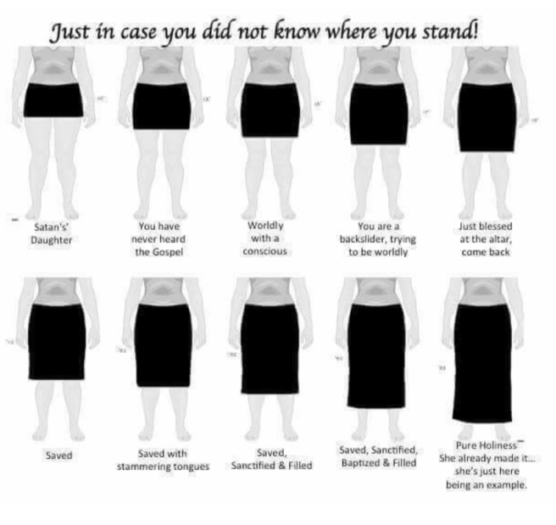Seven years ago, I left a spiritually abusive “church.” By the time I left, the group had undermined my self-confidence and my desire for a close relationship with Jesus. I saw God as angry, punishing, and legalistic. In order to survive, there were things I radically changed my views on that others consider orthodox… and began experiencing a whole new side of exclusivity and elitism forged under the banner of Christianity. They weren’t Christian, but it was hard not to begin thinking of church in terms of those things, since they seemed reflected in the eyes of so many who called themselves by that term and who attended and even led those gatherings.
When I moved the first time, I hoped to find a church. Instead I found coworkers who told me that because I didn’t share their (locally predominant) views of Christianity, I wouldn’t be able to do my job well enough and excluded me from conversations, then came back later to explain what they disliked about others in their larger group. Local church members seemed unwelcoming and unfriendly, leaving me feeling excluded and unworthy. And then I moved again.
I thought that in moving back to the area I was raised in, I would find a good church. That didn’t happen. One Sunday School class drastically decreased in size after I asked a question regarding a member’s repeated condemning statements about their child. Several were ‘fluffy’–there was very little discussion about the Bible or God, and a whole lot of talk about pop culture or politics or how bad the world was getting.
Some organized mainly to fulfill outreach programs (while failing to reach out to each other), and others were simply social clubs. Another preached several sermons on Katelyn Jenner and began inserting media clips of his favorite shows and commercials into sermons rather than Bible, leaving me completely lost –I am virtually clueless about pop culture and didn’t go to discuss any current high profile figure’s statements, operations, or daily lifestyles. I went to discuss and share Jesus, but those conversations were missing.
And then came the elections. By the time a pastor’s wife friend of mine posted to Facebook “I don’t even know how someone can call themselves a Christian and vote for someone who [supports certain political stances]” and Christianity began being used (again) as a political platform–“vote for me! God bless America!” (which translates “See, I’m a Christian! I used the word God in a sentence, so I should get your vote!”) I’d had it. How can I call myself a Christian and take a different political or social stance? Perhaps because I hold a different perspective on what holding that stance actually means. But my gut reaction was “Then don’t. Don’t call me a Christian. I don’t want any part of this.”
I’ve spent several years now feeling like a religious outcast, perhaps a leper. “Unclean! Unclean! I voted this way!” “Unclean! Unclean!!! I don’t think people are condemned to hell if they drink a glass of wine or live in a monogamous relationship without a marriage license or don’t make it to church every Sunday or don’t give 10% of their gross income to the church… hey, I don’t necessarily even believe in your version of hell to begin with! Unclean!”
Being outcast by the group that is supposed to be known for and represent love takes it’s toll, perhaps especially when you have done everything that should make you part of the group… except to remain silent and refuse to talk about things that matter or to consider other viewpoints to the issues being discussed.
I’m tired of religion. American churchianity has exhausted me and left me with less understanding of God than I started with. And I was done with it. Until… until I visited one last church last weekend. And met a group of people who agree to disagree, who don’t say only one mode of baptism is right and don’t fight over grape juice or wine. They compromise nicely, it seems so far, on many points that people may view differently, even when using the same scriptures. And though compromise is a bad word in many religious circles, they explain it and view it as loving. It isn’t that they don’t have opinions on some of these issues. They do. But instead of force-feeding those opinions to others and then making a list of everyone who disagrees and shoving them into their personal version of hell, they offer open discussion and acceptance.
There is immense healing in that -the kind of healing that borders on miraculous.













